04.13
For any European of my age(and I guess for most westerners), names like Bosnia, Sarajevo, Kosovo or Mostar are names repeated in the news, we used to hear them on the sofa while we watched projectiles impacting houses and blue helmets in reinforced white vehicles around desolated cities. 18 years after the war started I want to see what all those names meant, see those cities and if possible get to understand that war a little bit.
Bosnia Herzegovina represents part of what my trip is, not for being on the silk route itself, but for being a crossroads between east and west, the mosques and churches in the same city for centuries living together, western customs and Muslims customs. The map could be folded by Sarajevo and Mostar and we´d have West on one side and East on the other.
I´ve compiled some pictures to complete the previous posts, let´s see if you imagined something like this.
Baščaršija mosque and under it a street full of normality. this is the most surprising thing in Sarajevo, the amount of normality in the streets. People having a walk or drinking something in a terrace enjoying a sunny afternoon in April.
Oslobodjenja Square in which men play chess, I guess it’s a socialist influence, but it’s just a vague supposition.
Four months it took them to build it. It is the tunnel that joined the siege city with the rest of the Bosnian territory. It went under the NATO controlled airport. The tunnel provided basic weapons to defend the city. It was also used to get food in. The Serbs tried to destroy it but they didn’t dare to touch NATO territory, this is why it survived the entire siege.
As I was saying the other day Sarajevo is surrounded by mountains and this is what made the snipers a key piece in the war.
On the left the rebuilt parliament building. On the right, the mustard coloured Holiday Inn, where the journalists stayed.
The Miljacka river crossing the city after the rain, therefore the colour. Just next to this place is where Franz Ferdinand was killed starting the first world war.
This picture tries to show how normal the city is. If it wouldn’t be for the mosques it could be any other European city. Also there’s very little amount of women wearing a scarf. As a Spanish journalist I met said, they have high hills and plunging neckline Muslims, and the majority want to keep it that way. Sarajevo has cathedrals, mosques and synagogues next to each other, I like it.
Sarajevo is totally surrounded by mountains, green mountains with colourful houses. In the picture an Austro-Hungarian building that has mount Izmir in the background, there are places that when you look around you see 3 different mountains pointing at you.
Every time I see the word sniper I imagine a concentrated eye looking through a scope. Dropping a bomb from a plane is “easy” you click a button and a few seconds later you hear an explosion, but in the eye of the sniper the face of the person to be killed is reflected while the sniper is concentrated, young or old, man or woman, blond or dark hair, scared or not. What are the memories of these people after their work? Fixed memories of images where you have been concentrated?
Sarajevo Library that was bombed in which 600.000 books where burned, now it’s being rebuilt. How could those bombs sound? there was no electricity or gas, there was no noise in the streets as a recently snowed city. The bombs and shots had to sound even louder.
I’ve never got into an Islamic cemetery before. the tombs are so white and this one, on a mount in Sarajevo had good views of the city.
This shape over a tomb means that the person has visited meca(the precept hajj).
Faded over time a Sarajevo rose, but with the same meaning, someone died here. Apart from the Bosnians that died here 320 blue helmets died as well.
Sarajevo has trams and trolleybuses. Doesn’t it seem a totally normal city? Sorry for insisting, but this is like it is, this war wasn’t´ in a dessert or surrounded by palm trees. Sarajevo youngsters used to watch MTV and wear the same brands as we did. Maybe that’s why its more impressionable, because it seems it can happened any where and that makes you feel vulnerable, an unconfortable feeling.
A picture to reduce the drama. Eggs comes in tens not in dozens, probably for tradition, but ¿why are condoms sold in dozens?
In the previous post I talked you about the book ”The most beautiful word”. Even I talked quite a lot about it I haven’t spoilt the plot in case anyone want’s to read it.
Talking about books I have another recommendation. “The Fixer. A story from Sarajevo” from Joe Sacco, a comic creator that has other comics like “Palestine”. A bit of a different approach to understand a place. Goiko is a bit like the character in the comic.
I’ve had a haircut and getting a bus to Mostar by the Neretva river as Gemma did with her son.
See you soon.
Fernando
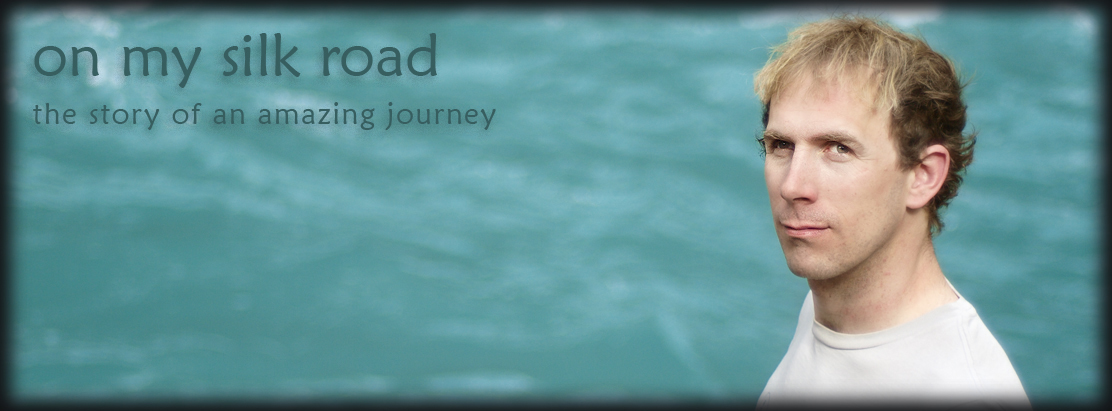
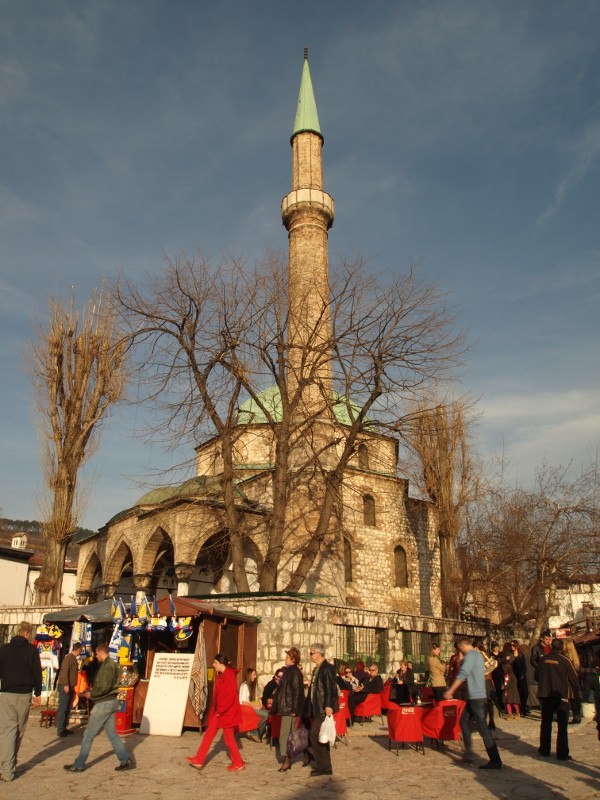
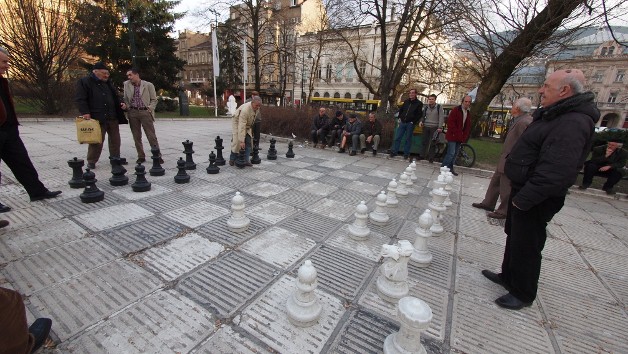
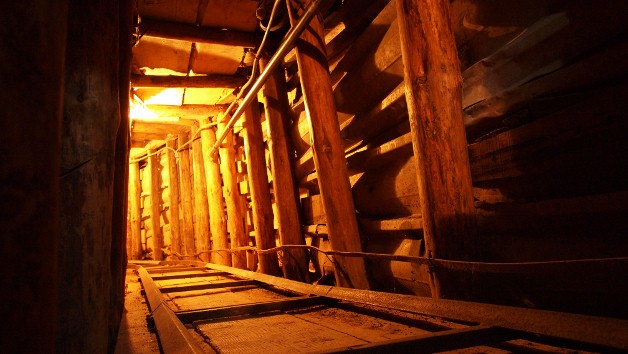
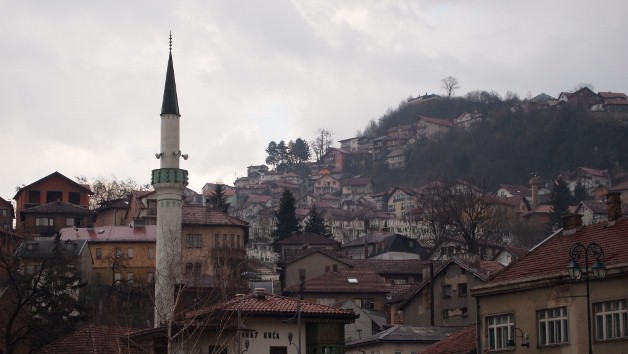
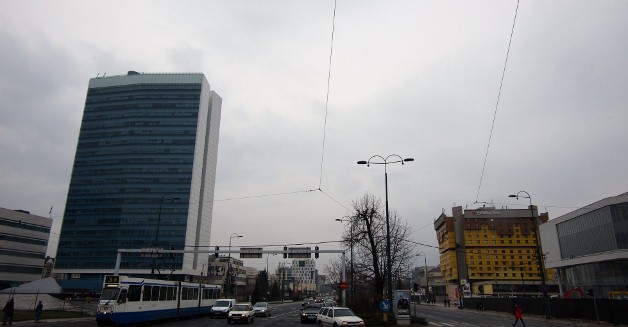
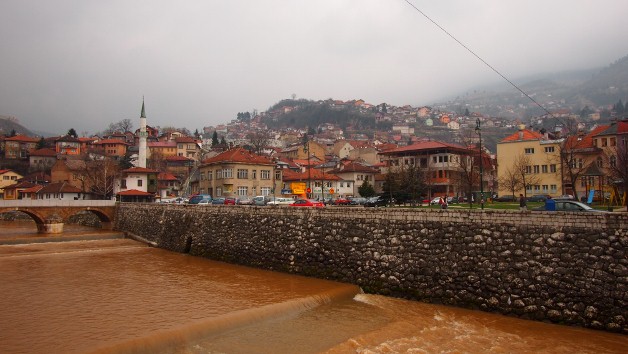
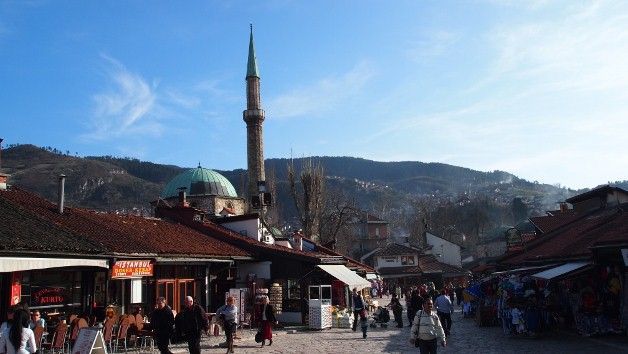
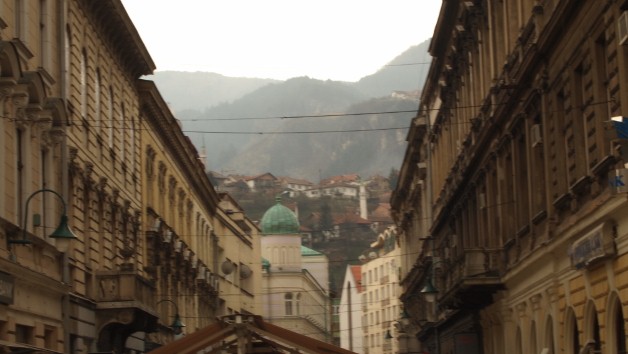
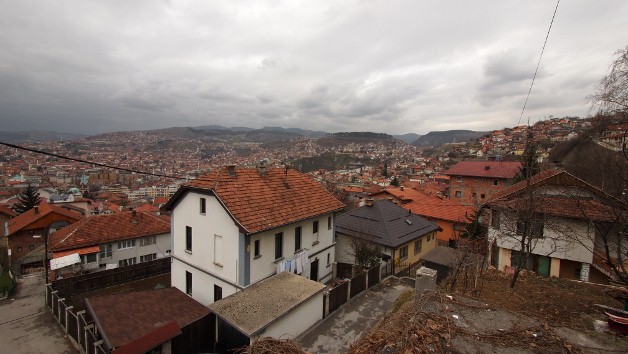
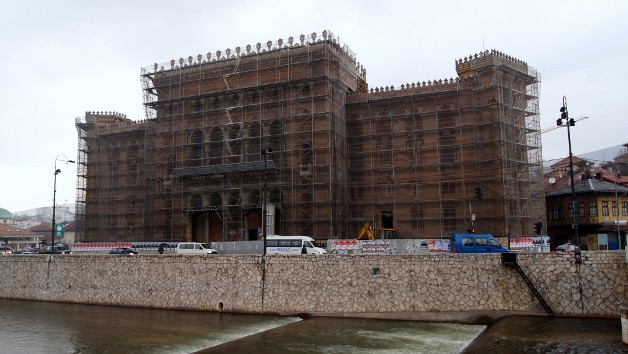
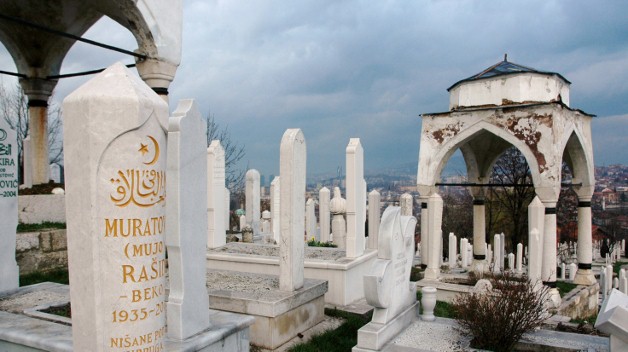
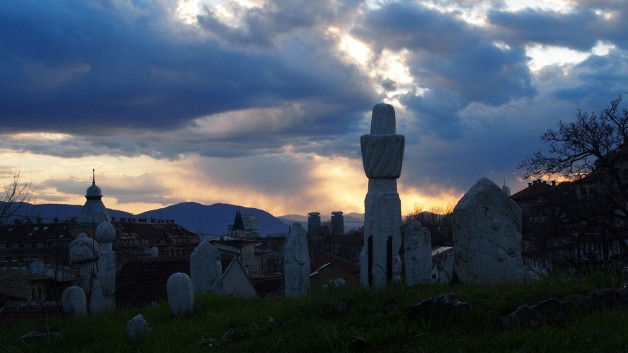
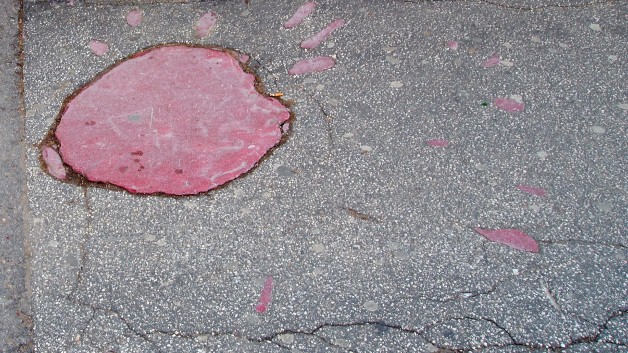
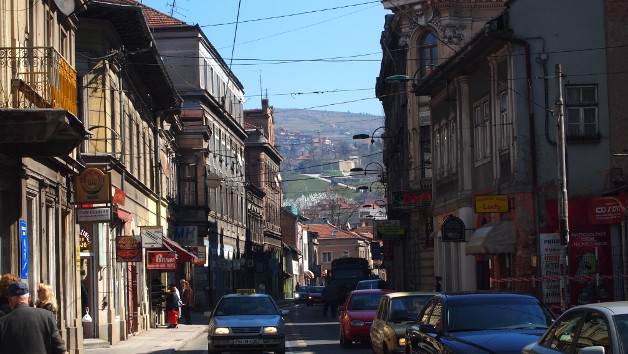
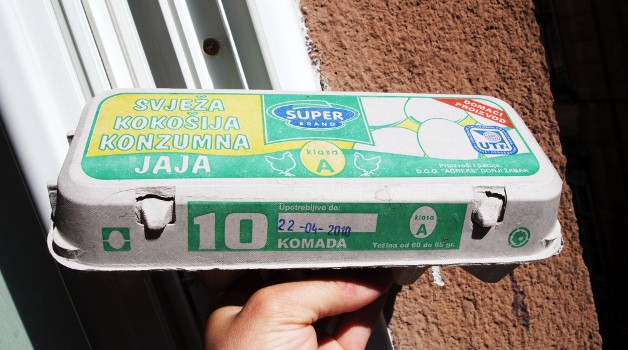

Your photos are beautiful and it’s interesting to read your insights regarding life in this area now, after the war. (I saw the link to your blog on LP).